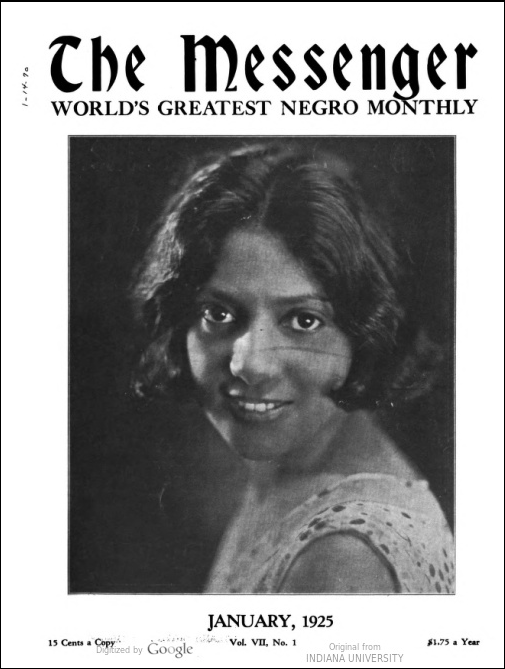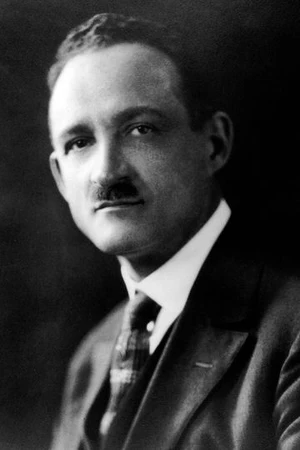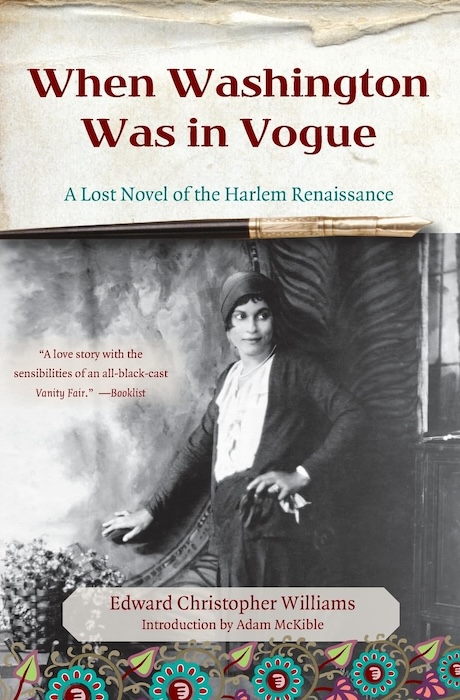Beacon professor’s quest led to publication
Thirty years ago, Adam McKible, a doctoral student at the University of North Carolina, stretched across a blanket outdoors to read The Letters of Davy Carr, a serialized novel published anonymously in 1925 and 1926 in a monthly magazine for Black writers and readers called The Messenger.
McKible, who today lives in Beacon and is an English professor at the John Jay College of Criminal Justice, said he wasn’t confident that the excerpts would contribute anything to a chapter in his dissertation devoted to the magazine.

But after finishing the pages he had printed from microfilm, he realized he had found a forgotten novel written during the Harlem Renaissance and filled with details about the daily lives of Blacks in Washington, D.C. Its narrator, Davey Carr, also commented on hot-button topics such as Blacks whose skin was light enough to “pass” for white.
“I realized it was a good novel, so the first thing I did was go to all my African-American literature professors and asked if they ever heard of it,” McKible said. “Nobody had.”
McKible set aside the pages to finish his degree and begin work as a professor. In 2001, he shared the excerpts with a Columbia graduate student who knew how to use a new technology called Google and was able to identify the author as Edward Christopher Williams, the first Black graduate of the New York State Library School in Albany. In 2004, after the serial was typed into a manuscript, HarperCollins published the novel as When Washington Was in Vogue.
To mark the 100th anniversary of When Washington Was in Vogue’s publication in The Messenger, McKible will speak at 7 p.m. on Wednesday (March 18) at Stanza Books in Beacon. He will be joined by Eve Dunbar, an English professor at Vassar who will discuss another memorable novel published in 1925, The Great Gatsby, by F. Scott Fitzgerald.
Born in Cleveland to a Black father and Irish mother, Edward Williams graduated from Case Western Reserve University before attending librarian school. Case Western hired him as its library director, a position he held until resigning in 1909 to become principal of Dunbar High School in Washington.
Between those jobs, Williams married the daughter of Charles W. Chestnut, one of the Harlem Renaissance’s best-known writers. In 1916, he became head librarian and chaired the romance languages department at Howard University. He died in 1929.

Before HarperCollins published the book, McKible attempted to locate Williams’ granddaughter by cold calling every Patricia Williams in Washington, D.C. After its publication, he received an email from Patricia’s son in Georgia, who said she had died in 2000. He thanked McKible for the novel’s publication.
“I was conscious that this was somebody else’s book, and I felt that it was important that it get out in the world,” McKible said.


